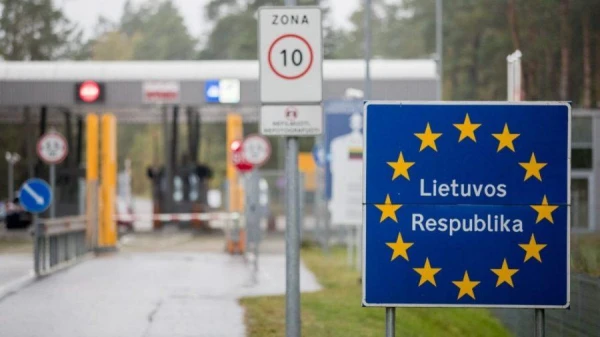
Fines for non-compliance range from 500 to 8,000 euros.
The Regional Administrative Court of Lazio (TAR Lazio) annulled the directive of the Ministry of the Interior that prohibited remote check-ins and required personal identification of guests. Property owners and managers can once again use smart locks, key boxes, and digital identity verification services. However, in many cities, the tightening of rental housing regulations continues.
The ban was introduced in November 2024. Operators and landlords were required to personally meet guests, check passports, and hand over keys, which sharply increased costs and complicated property management for late arrivals. The court in Rome deemed these measures disproportionate and contrary to the law on the digitalization of public services, as there was already an obligation to transmit guest data through the Alloggiati Web system.
The judges pointed out that personal document checks do not solve the security problem, as keys can still be passed to other individuals. Moreover, the ministry did not provide evidence that remote check-ins pose a threat. Additionally, hotels were not subject to these rules, creating unequal conditions in the market.
The F.A.R.E. Federation and the AIGAB Association called this decision a victory for innovation and fair competition. AIGAB President Marco Celani stated that Italy has returned to the global trends of hospitality, where digital and contactless check-ins have become the standard. It is estimated that savings on servicing could amount to 15-20%. The freed-up resources can be directed towards improving service, marketing, or renovating properties.
However, the court ruling does not preclude local authorities from intervening. Cities with high tourism loads retain the right to impose their own restrictions, which they regularly do. For example, Florence banned the use of key boxes and code locks for contactless check-ins in residential buildings, especially in the historic center, in February 2025. Violating the rules incurs a fine of up to 400 euros. From April, it is prohibited to rent apartments smaller than 28 square meters. Minimum standards for rentals have been established: at least 9 square meters for single occupancy, 14 square meters for double occupancy, and 9 square meters for kitchens. In May, a moratorium on issuing new licenses for short-term rentals was introduced in the historic center of Florence, which is listed as a UNESCO World Heritage Site. Owners face fines of up to 10,000 euros for violating the rules.
In Venice and other cities in northeastern Italy, national requirements came into effect on September 1, 2024: each property must have a CIN code, carbon monoxide detectors, and fire extinguishers. Fines for non-compliance range from 500 to 8,000 euros. Since October 2024, there has been a restriction whereby the owner may rent out the property for tourist accommodation for no more than 120 days a year if it is not their primary residence. Venice also has a SCIA procedure – notification of the conversion of the property to tourist mode and mandatory compliance with municipal regulations if it is a permanent business.
In Turin, a restriction is being discussed whereby apartments for short-term rentals can be rented for no more than 90 days a year. Such measures are aimed at curbing the growth of tourist pressure and protecting the long-term housing market.
In Rome, in 2025, authorities intensified control over short-term rentals, focusing on the historic center. The municipality is considering a restriction on issuing new licenses in areas with high tourist loads, as well as establishing a minimum rental period of at least two nights. Registration of all properties in the CIN system is also mandatory, and compliance with safety standards has become stricter. Owners must confirm the presence of fire safety equipment and guest registration through the Alloggiati Web system. Additionally, zoning plans are being considered: a ban on new licenses for short-term rentals may be imposed in central areas to curb the growth of tourist apartments and preserve housing for residents.
Thus, earning income from short-term rentals in Italy is associated with many restrictions – both governmental and local. Partial state liberalization only slightly eases the rules.














Leave a comment